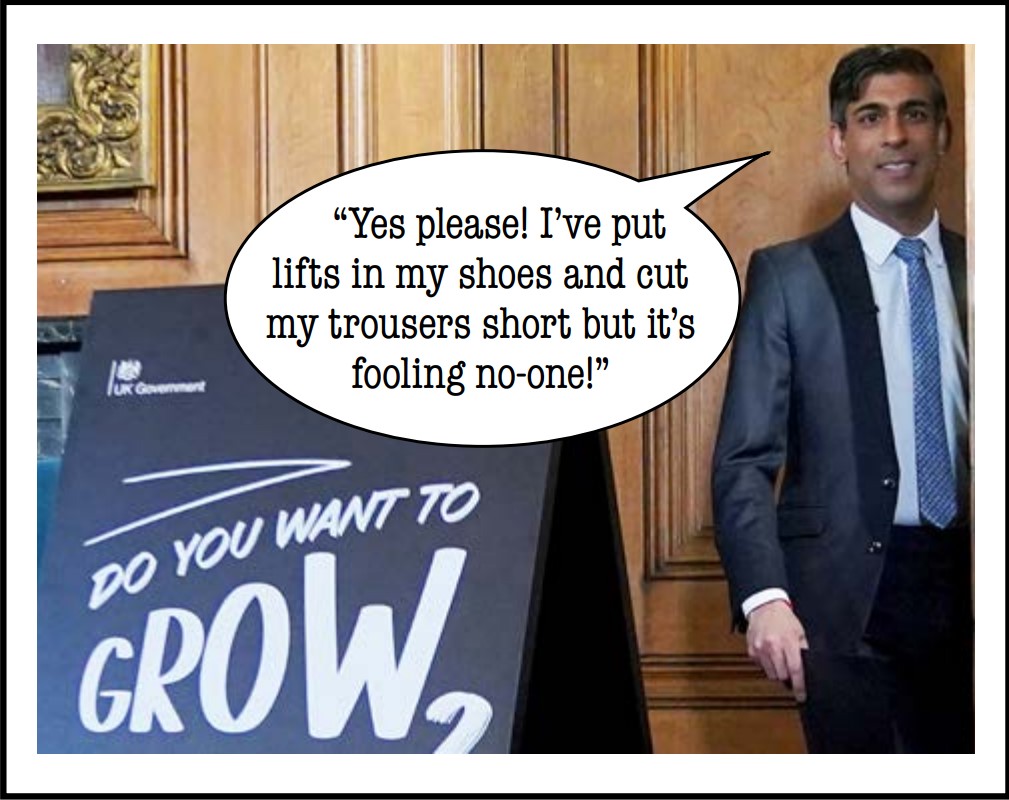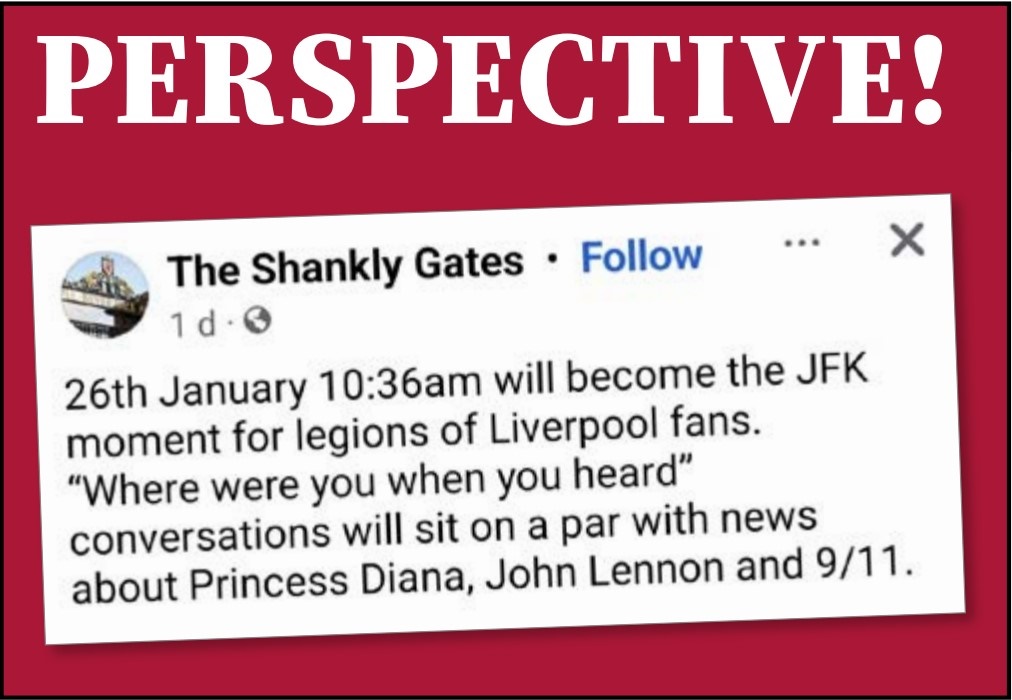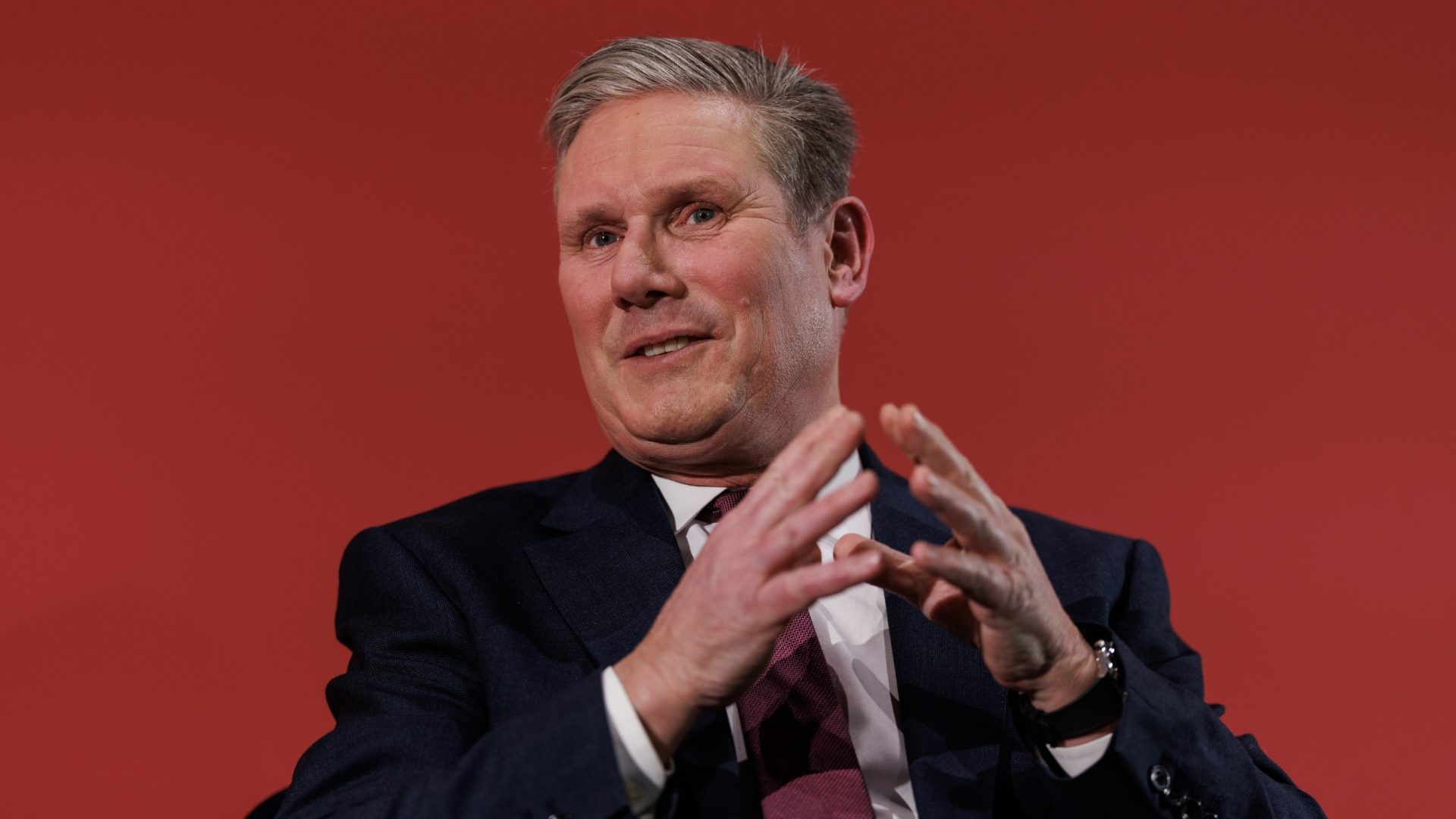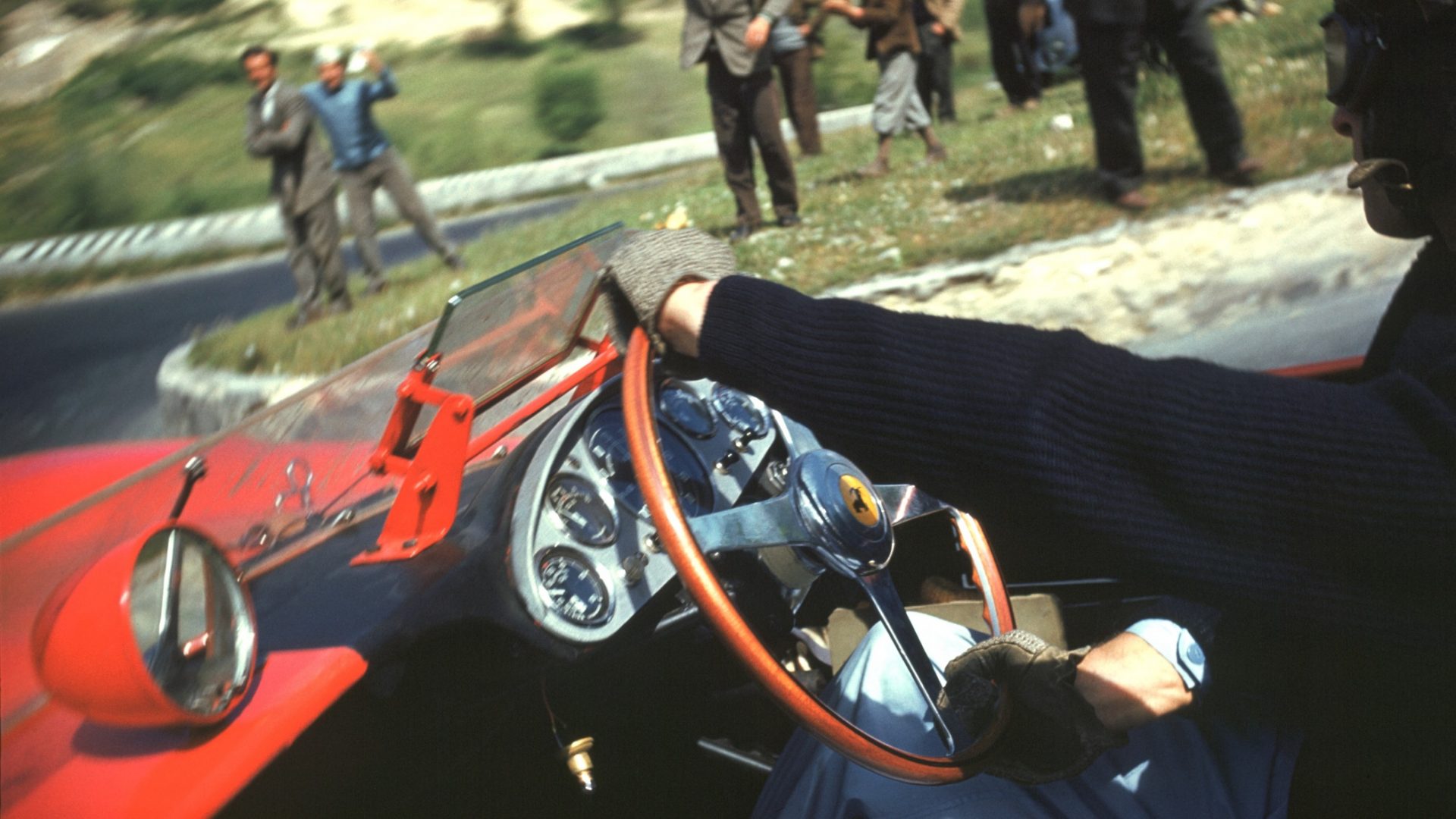Does Starmer need to be smeared (“Smear Starmer, TNE #374)? He seems to be doing a pretty good job of doing that himself, having nothing to offer the British people. He has reneged on just about every commitment he made to become Labour’s leader, and since then seems to be suggesting that nothing will change, for fear of offending big business, the rich, and the usual vested interests.
As for Brexit, the man’s silence on the subject when the country is falling apart as a consequence is simply bewildering. Where’s the passion, where are the policies to rid the country of inequalities, restore public services, return some semblance of effectiveness to education, and, of course, properly fund the NHS?
Tom Wilson
Sheffield, South Yorkshire
Since Keir Starmer has U-turned on all his pledges, is it reasonable to hope that he will U-turn on all his U-turns?
Graham Guest
Bromley, Greater London
When the election is finally called, expect the dirtiest campaign ever from the Conservatives. The people they act for – Murdoch and the like – will do absolutely anything to thwart any threat to their wealth and power. They have already captured 80% of the mainstream media and fill it with disinformation.
All credit to TNE et al for standing up to them and landing some heavy punches. But it does create a poisoned atmosphere and means that Labour’s first term programme will be less ambitious than it might have been. All we can hope for is that they make a start on stemming the haemorrhage of money and assets to offshore tax havens and tackling growing inequality.
Jim Trimmer
Q: Why is Keir Starmer’s house dusty? A: He keeps dropping his Pledge.
Kate Parsons

Blame game
Re: “Brexit’s bitter taste” (TNE #374). Isn’t it ironic that high-profile members of the Brexit campaign such as Boris Johnson, David Davis, Nigel Farage and Anne Widdecombe, all members or former members of a Tory Party that preaches “personal responsibility”, blame everyone and everything else in the world for the failures of Brexit but will accept no personal responsibility themselves?
Phil McElhinney
I am as relieved as everyone that sense seems to be prevailing in Northern Ireland. In other words, the DUP have realised they have run out of road.
And at least this time the Brexit madness/fallout-related £3bn sweetener is to try to cushion some of the horrible and unnecessary chaos and misery resulting from the DUP throwing their toys out of the pram over the mess created by the party they ally themselves with – the Conservatives. When Theresa May bunged the DUP £1bn it was simply to keep herself in power.
Among all the madness, it’s easy to forget the real irony, which is that Ireland, like Scotland, voted strongly to remain in the EU. As for the poison of Brexit itself, one cannot help thinking of a popular line from Dr Seuss’s The Cat In The Hat – “the mess is so big and so deep and so tall, we cannot clear it up there is no way at all”…
Amanda Baker
Edinburgh, Scotland
Nigel Britton (Letters, TNE #374) ponders his response to the Brexiteers’ taunt “You lost – get over it”. My reply is always, “You won – get over it”. Buyer’s remorse is a wonderful thing.
Dr Robert Drake
Swansea, Wales
Mandrake (TNE #374) reports the Sun hailing Kemi Badenoch as the “new Thatcher”. Mrs T was one of the architects of the single market. So will Badenoch restore our place in the corridors of European power?
John Evans
Bad to talk
Alastair Campbell shows unusual naivety when citing the successful fight against apartheid and the end of the IRA campaign in Ireland as examples for Israel to follow (Diary, TNE #374). The anti-apartheid people did not want to exterminate all whites. The IRA caused havoc and damage, but they were not trying to kill every Protestant. In contrast, Hamas’s stated aim, recently repeated many times, is to wipe Israel from the face of the Earth and kill every Jew they can find.
Yes, Israel could talk to Hamas, but first Hamas would have to demonstrate that they really want peace and are willing to renounce their previous aggressive stance.
David Lobb
Pinner, Greater London
Helen Porter (Letters, TNE #374) argues that some of the blame for the attacks on Gaza lies with those Israelis voting for a right wing extremist like Benjamin Netanyahu.
I wonder who voted for Hamas? And while Israel’s response to the massacre of its citizens for being Jews is certainly horrific, the policy of Hamas is to erase Israel from the map, and they have vowed to carry on their war for ever. Hamas and other terrorist groups don’t want a two-state solution even if one could be negotiated. They want a one-state solution with Israel wiped off the map.
Michael Weinberg
Milton Keynes, Buckinghamshire
Dressed to chill
Reading Will Self’s article on dresses (Multicultural Man, TNE #373) makes me recall the female journey in the opposite direction. During my working life, mostly spent in offices, it was a relief when I could eventually substitute trousers for a selection of dresses, skirts, stockings and tights, and stop standing at stations or bus stops with the wind whistling or the cold creeping up my unprotected nether regions.
Now I am retired I can suit myself – the only time I crave a skirt or dress is when it’s really hot or at home when the central heating makes it comfortable to wear something long and loose. But with climate change maybe we’ll all be in dresses soon, when we aren’t wearing waders…
Liz Lloyd
Malvern, Worcs
I was surprised that Will Self on dresses (TNE #373) did not mention his neighbours over the northern border!
We have plenty of men swishing about in kilts up here in the Highlands of Scotland. My son-in-law once had his ripped off in an Australian bar, when a young woman became rather vigorously intent on seeing what was underneath the tartan!
Margot Kerr
Inverness
Heed Hewitt
Patience Wheatcroft’s prescription for the NHS under a Labour government (“I’ve seen the NHS crisis close-up”, TNE #373) falls short in three important respects.
First, the NHS will need more funding to meet growing need and staffing shortfalls, and to make up for 13 years of underfunding. Second, though not mentioned, there needs to be a serious commitment to prevention and keeping people with avoidable lifestyle-related illnesses out of hospital. Third, the fixation on “drastic reform” is misplaced and an unhelpful, disruptive distraction that will only further lower staff morale.
The NHS in England has introduced integrated care systems designed to give priority to population health, prevention and tackling widening health inequalities. Labour should heed the recommendations set out in the 2023 Hewitt Review. It urges the government to create the context in which the new structures can thrive.
This means freeing up local leaders, giving them the space, time and support to succeed. More top-down meddling by inexperienced ministers is not the answer.
Emeritus Professor David Hunter
Richmond, North Yorkshire
Chips away
I enjoyed your piece on Liam Brady (“The pioneer”, TNE #373) immensely. He was a true trailblazer.
The article demonstrates how forward-thinking Italian football was in this period, with Brady praising the culture of healthy eating. The change in diet probably had even more shock value for Brady, whose nickname at Arsenal was “Chippy”, not for his ability to chip the ball but for his fondness for fish and chips.
Anyone who understands the game will agree that Brady was a great player, with or without the batter bits.
David Coombs
Corby
Fight or flight
The face of Donald Trump scowling out at me from the “Not Again” cover of TNE #373, almost caused me to cancel my subscription! What stayed my hand was the Eurofile image of Polish lancers charging at their Russian enemy, painted to commemorate the war of 1920.
That year, my 16-year-old Polish mother-in-law-to-be, Zofia Calko, was fleeing from Ovruch, westward from the Bolsheviks with her husband, Antony, a Pole serving in the Russian cavalry. She never saw her parents or sisters again.
At the almost deserted village of Rovne, she gave birth to her first daughter, Janine, and afterwards they continued their flight on a horse-drawn cart. They eventually reached Warsaw, where a few years later her husband was killed in a train accident.
Three years on, she got married again, to an architect, Tadeusz Rytarowski, and had another girl, Barbara, in 1937. Five days after the Nazis invaded Poland in 1939, the four of them fled by car to Bucharest, where Tadeusz looked for work until the Russians invaded Romania in 1940, when they fled again.
This time she and her two daughters went by train to Marseille, a two-day journey, and then by ferry to French Algeria, all courtesy of the French government, which offered to look after dependants of Polish officers who joined the Free Polish Army, as Tadeusz did. He reached England in 1940, and they were finally reunited in 1942 when she and the youngest daughter flew via Portugal to Filton.
Her family’s experience is being repeated again in Ukraine, in Palestine and elsewhere as I write. When will we learn how to live together in peace?
David Weaver
Cranleigh, Surrey
Minority report
In “A new Corbyn party on the left is good news.. if you’re on the right” (TNE #373), Paul Mason manages to expend much time extolling the virtues of a Starmer-led administration in office while warning us against the dangers posed by a new left-of-centre party led by Jeremy Corbyn. Yet he fails to identify the obvious.
The principal reason why any new party of the left entering the fray in this election year would be a bad idea is Britain’s broken, not fit for purpose, past its sell-by date voting system. First past the post rewards unification in blocs of electoral support, hence Boris Johnson’s overboard success in 2019 when he apparently managed to lure significant numbers of Ukip/Brexit voters into the Tory fold.
Sadly, our voting method seems very likely to provide its default design result later this year; the trademark “thumping” single-party majority for Labour on the basis of a clear minority of votes cast nationally by the UK electorate – yet another fundamentally undemocratic outcome.
Peter Davidson
Pensans, Cornwall
I am totally at odds with Paul Mason over his take on the Ukraine war (TNE #372, #370). The western narrative puts all the blame on Russia. I am no apologist for Vladimir Putin, who murders journalists, but in the second world war it was through Ukraine that Germany invaded Russia. Russia does not want a Nato country up against its southern border.
It is madness to propose arming Ukraine sufficiently to “the point where it can defeat Putin”. I suggest that your readers listen to John Mearsheimer and Noam Chomsky; about the only two enlightened commentators on a pointless war.
Karlin Rushbrooke
Eaton Bishop, Herefordshire
Power play
May I say how struck I was by the resemblance in your recent article by Jay Elwes (“Putin’s enforcers go on holiday”, TNE #372) describing charmless Russians holidaying in Sri Lanka to Victor Klemperer’s account of newly empowered brownshirts swaggering about Berlin – following Hitler’s election in 1933.
Richard Chatten
Crystal Palace, London
Maths genius
Re: Charlie Connelly’s “Magic in the Margins”, (TNE #372). The greatest margin note of all time was by Pierre de Fermat, a French lawyer and amateur mathematician.
Inside a book he was reading about ancient Greek maths, Fermat wrote down a theorem and stated that he had a truly marvellous proof for it that was too long to note in the margin.
Fermat made no other reference to this theorem or proof, and the margin note was not discovered until after his death in 1665, when his eldest son and executor collected and later published his papers. In the decades and centuries that followed, many great mathematicians tried and failed to prove the theorem, which became known as Fermat’s Last Theorem, although their attempts led to many mathematical breakthroughs.
The theorem was finally proved on September 19, 1994 by Andrew Wiles using mathematical ideas and techniques that would not have been available to Fermat.
Colin Price
Ilford, Essex




